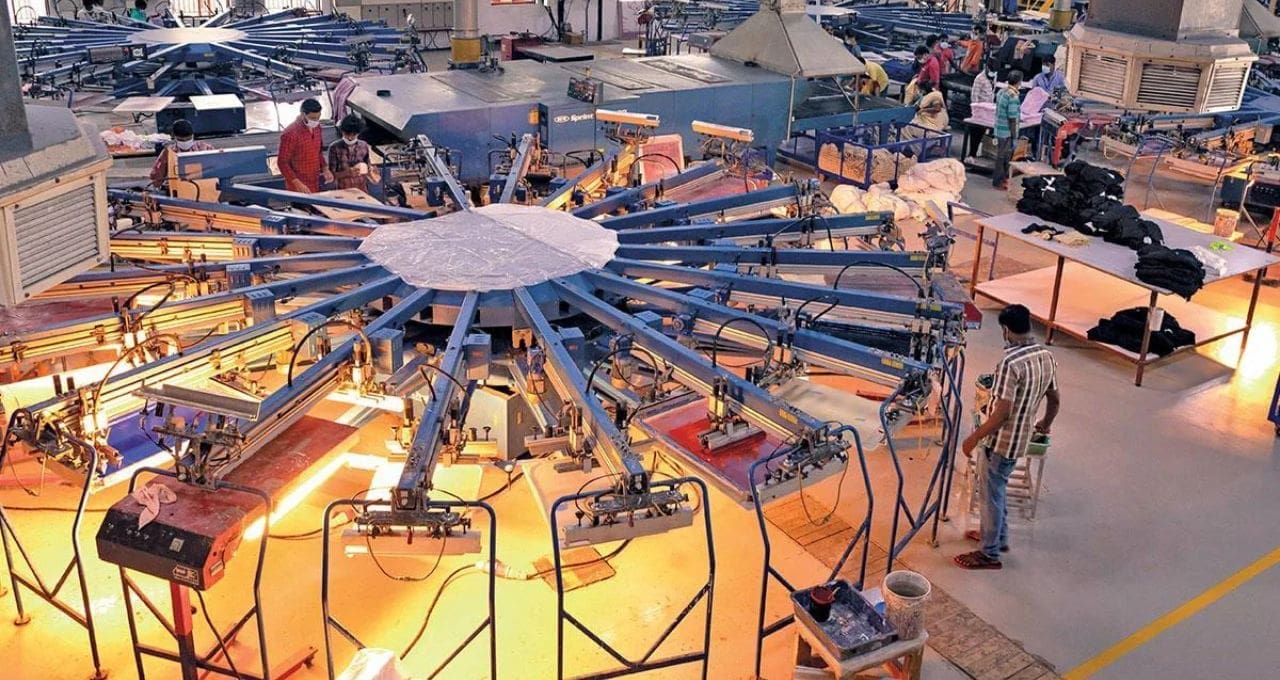The export orders from the United States and Europe that Tirupur, the textile capital of India, had anticipated in the aftermath of the COVID outbreak, did not come through. Eight lakh workers and their families must deal with uncertainty as more MSME businesses close their doors every day.
According to Arjun Sampath of the Hindu Makkal Katchi, the district, which was previously thought of as the heart of Tamil Nadu’s development, has collapsed because the State administration has not recognised the gravity of the problem. In a statement, the Tiruppur Textile Association (TEA) paints a troubling image of the knitwear industry in India. Six lakh of the district’s eight lakh textile employees are directly employed, and of these Women make up 60% of the workforce. The fact that these women are the primary breadwinners in their families means that any decline in their monthly take-home pay will certainly throw the families off course, according to S Sakthivel, TEA executive secretary. Notwithstanding difficulties brought on by Covid-19 and the ensuing economic collapse, Tirupur accomplished a great job in 2021–2022 by earning foreign exchange totaling ‘33,525 crore, or 55% of the national share. “Ready Made Garment sector is employment heavy sector. With an investment of ‘One Crore in Garment sector, 70 jobs may be generated. It has to be mentioned that Ready Made Garment sector is offering more employment and contributing greatly to the economy next to agriculture sector. President of TEA K. M. Subramanian stated of the Tamil Nadu economy.
Sakthivel and Subramanian both noted that the State Government had been uncooperative in dealing with the Tirupur knitwear export facilities. In the district, there are 1213 knitwear units, the majority of them are MSME units. But the State Government makes virtually zero contributions to these MSME companies. The continuous influx of workers seeking employment in Tirupur has no infrastructure facilities to support them.
Housing for workers and raising the overtime cap for the garment industry are two critical actions that should only be carried out by the state government.
Even if a project to upskill 50,000 current employees has been submitted to the state government, elicited no reaction. Once these individuals have improved their skills, they may be able to create employment for others.

